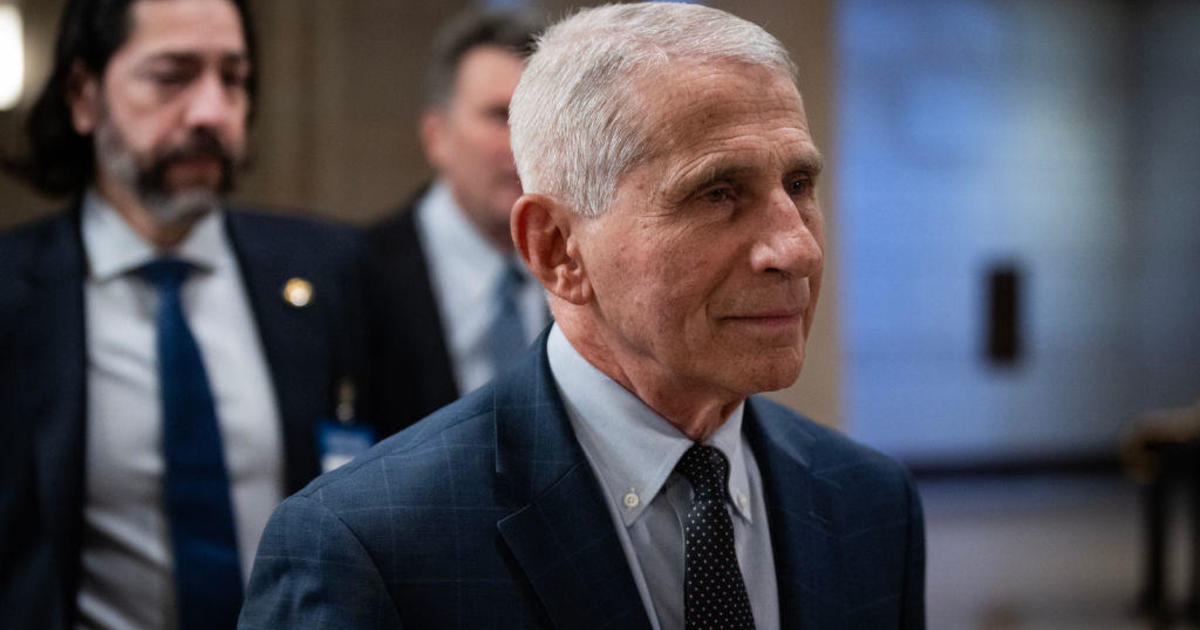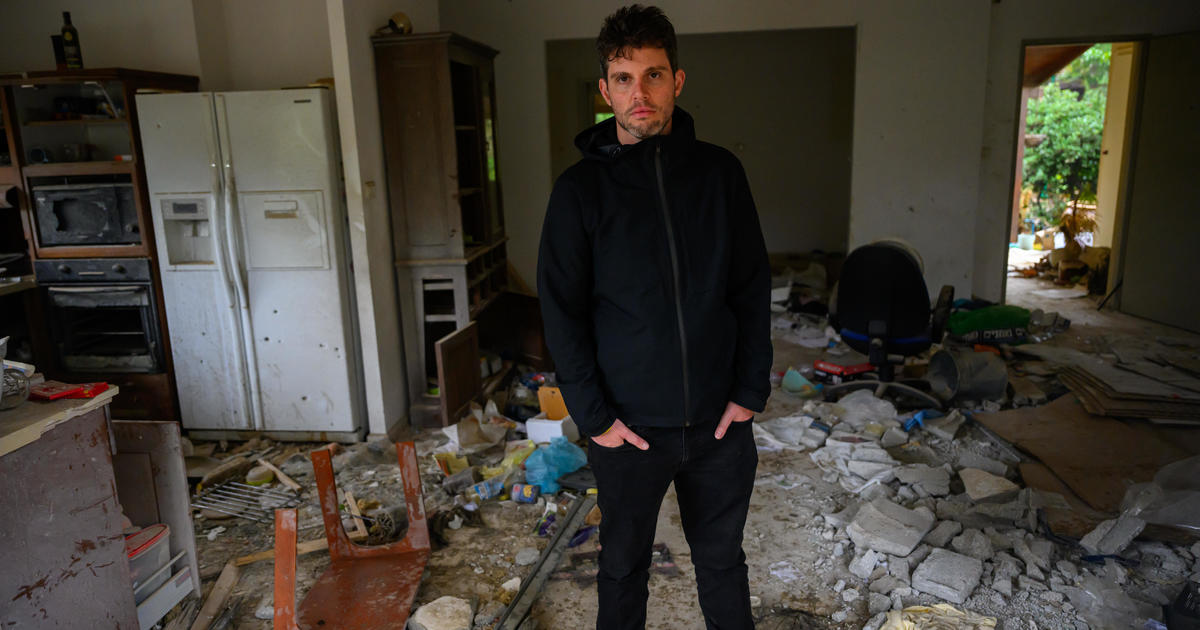"COVID-somnia" and the impact of long COVID on sleep
When Priya Mathew recovered from a mild case of COVID-19 in November, she thought she was out of the woods. Then came long COVID.
"At one point I counted 23 symptoms," Mathew told CBS News. "The most alarming ones were shortness of breath, labored breathing, heart palpitations."
One of the most crippling symptoms? Insomnia.
"Nothing worked. I would just lie awake in agony all night," she recounted. "It felt like electric shocks going through my body from my head down to my toes."
Mathew isn't alone. Dr. Emmanuel During, a psychiatrist and neurologist, has been seeing this in sleep patients at Mount Sinai Hospital.
For those with long COVID, he says insomnia is often related to pain and is resistant to treatment.
"Pain, which can occur at night as well, and a lot of autonomic imbalance, autonomic impairment, which is the ability of our body to control heart rate and blood pressures — that can lead to episodes of palpitation, night sweats," During explains.
Even for those without long COVID, the pandemic has robbed many of a restful night's sleep.
Nearly a third of Americans said they've experienced sleep disturbances since COVID began, according to a 2022 survey from the American Academy of Sleep Medicine. That's down from 56% the year before. The phenomenon is described as "COVID-somnia."
Due to her own battle with sleep deprivation, Mathew shared she couldn't work for at least a month.
"Any little task took way too much energy. Just taking a shower, I had to rest for three hours after that," she explained.
Mathews wrote about her experience for the online news outlet Axios, where she works. Like many people coping with long COVID, she says her initial infection seemed like a "mild" case.
"Very soon I realized: If I'm going to get better, I need to completely change my life," she wrote. "...When my body needs rest, I rest."
Over the past four months, she estimates her symptoms have improved by 60-70%.
Doctors say it's critical to stick to good sleep hygiene habits, including regular bedtimes and no screens late at night. If you have trouble sleeping, doctors say it's a good idea to consult a sleep specialist, because insomnia may reveal other health issues, like sleep apnea.
for more features.



